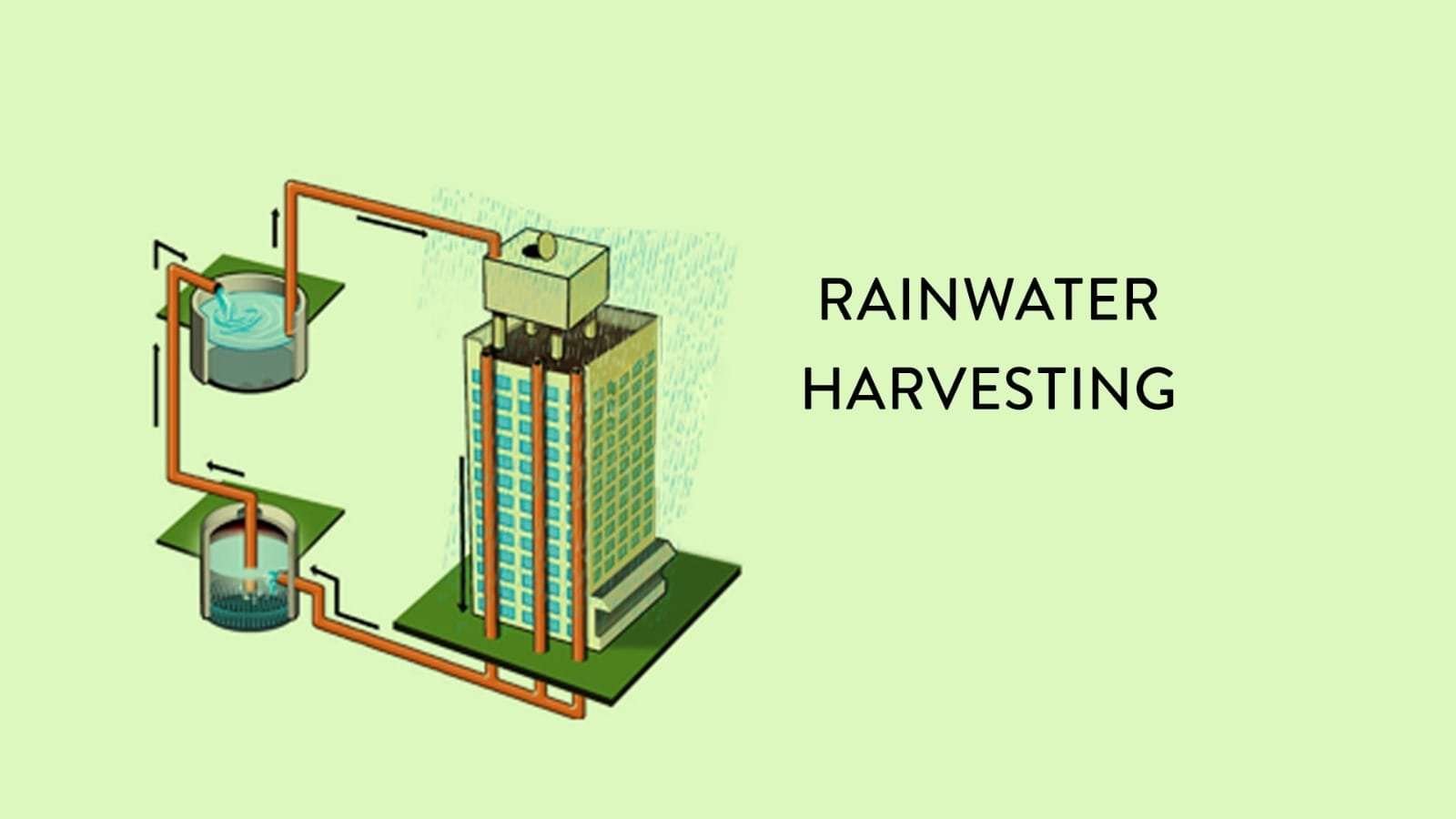Rainwater harvesting (RWH) is an ancient practice that involves collecting and storing rainwater, rather than allowing it to run off. It is a versatile and eco-friendly method of securing water resources with numerous benefits for both individuals and communities.
1. Environmental Benefits
Rainwater harvesting is a boon for the environment in several ways:
Preventing Soil Erosion: When rainwater collects on the ground, it can lead to soil erosion by breaking apart soil particles, decomposing soil aggregates, and moving eroded sediment. RWH helps by diverting rainwater away from these processes, preserving soil quality and protecting ecosystems.
Energy Savings: By utilizing collected rainwater for outdoor applications, we can reduce the burden on water treatment plants, pumping stations, and water distribution systems. This translates into energy savings, as these facilities consume substantial electricity. RWH contributes to a greener, more sustainable approach to water management.
2. Water Security During Droughts
In regions prone to drought, rainwater harvesting systems provide a crucial lifeline:
Potable Water: In many areas, rainwater can be purified to meet potable water standards with the use of appropriate filtration systems. This means that during water shortages, households can rely on stored rainwater for drinking and cooking.
Abundant Supply: Even a modest amount of rainfall can fill a substantial storage tank efficiently. For example, a 2,000-square-foot roof can collect over 1,100 gallons of water from just one inch of rain. This can supply a household with water for several days, reducing the reliance on scarce municipal water during dry spells.
3. Ideal for Outdoor Applications
Rainwater is not only suitable for outdoor use but is often preferable to city-treated water for certain purposes:
Car Washing: Rainwater is gentler on your car’s paint as it lacks the salts, chemicals, and minerals found in tap water. This is especially beneficial for maintaining the appearance and longevity of your vehicle.
Gardening and Agriculture: Rainwater contains nitrates, a vital nutrient for plants. While debris is filtered out before storage, the contaminants from leaves, bird droppings, and insects in rainwater can actually benefit plant growth. It’s particularly useful for watering gardens and supporting agricultural endeavors.
4. Agricultural Use and Water Scarcity Mitigation
Rainwater harvesting plays a vital role in agriculture:
Crop Irrigation: In regions with water scarcity issues, rainwater can help keep crops hydrated during dry seasons. It complements natural rainfall, reducing the risk of crop failure and increasing agricultural productivity.
5. Cost-effective and Eco-Friendly
Compared to constructing large centralized water supply systems like dams, rainwater harvesting is cost-effective and eco-friendly.
Protects Local Ecosystems: Large-scale infrastructure projects can harm local ecosystems and generate external social costs. In contrast, rainwater harvesting systems have been proven through various studies to provide sustainable water sources without such negative impacts.
Flood Protection and Runoff Control: RWH systems can also help control water runoff and protect against floods, which can be particularly beneficial in vulnerable, low-resource regions.
In conclusion, rainwater harvesting is a holistic solution that benefits the environment, individuals, and communities. Its ability to address water scarcity, promote sustainability, and reduce the burden on existing water infrastructure makes it a crucial tool in ensuring a water-secure future for all.
In the quest for a greener, more sustainable world, 360Life leads the way by offering tailored rainwater harvesting solutions for households and communities. Our commitment to eco-friendly water conservation not only mitigates soil erosion but also reduces reliance on city-treated water, benefiting the environment and communities alike. With a mission to improve water access and enhance the quality of life for all, 360Life is dedicated to creating a more resilient world where rainwater harvesting plays a vital role in fostering sustainability and community empowerment. Join us in shaping a cleaner, more sustainable future





